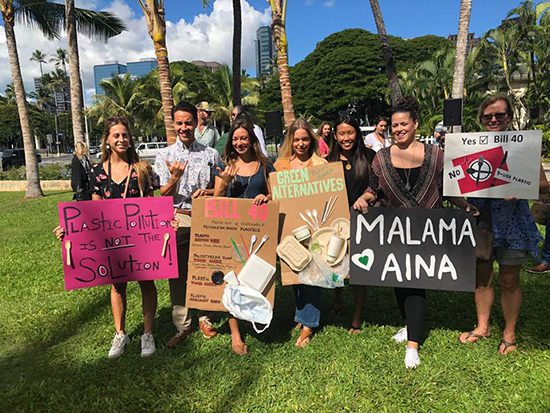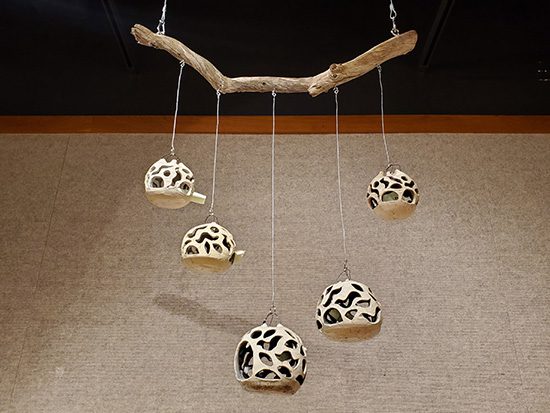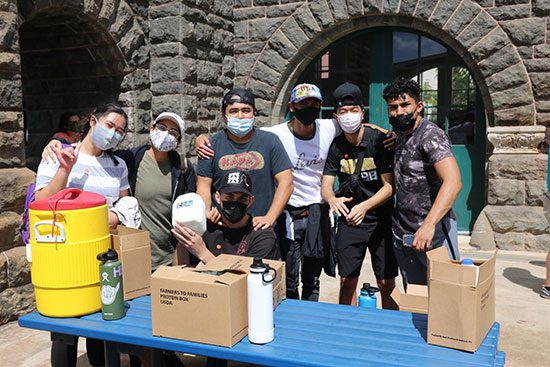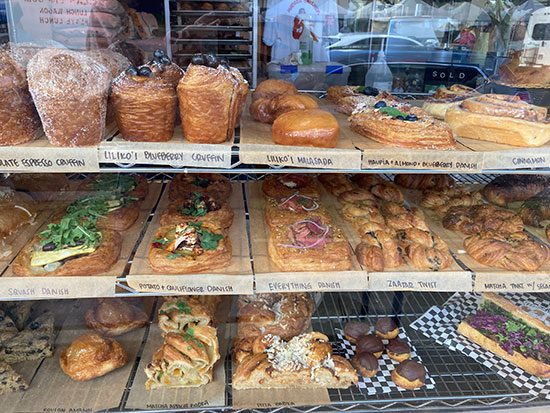
– Courtesy of Navin Tagore-Erwin
by Natalie Firth, Special to Ka ‘Ohana
Last December, WCC’s Student Sustainability Hui and concerned faculty and staff rallied at Honolulu Hale in support of Honolulu City Council Bill 40, which sought to comprehensively phase out all single-use plastics in the county.
According to WCC sustainability coordinator Navin Tagore-Erwin, the college’s Sustainability Hui partnered with many environmental organizations across the island to lobby for the nation’s strictest ban on plastics. These groups included the Kokua Hawai‘i Foundation, Surfrider Foundation, Sustainable Coastlines, Sierra Club and many others.
Bill 40 was approved on Dec. 5, 2019, by a margin of 7 to 2. The ban phases out plastic and polystyrene (styrofoam) utensils, straws, containers and bags. Companies will now have to transition to using plant-based take-out material. This ban applies only to O‘ahu, which has 72 percent of the state’s population.
Tagore-Erwin said that supporting the bill with WCC student support was a powerful experience, as public testimonies allow students a “chance to see how things work in the Legislature and gives people a chance to see the power of their own voices.”
Despite the win on Bill 40, WCC’s Sustainability Hui has not stopped there. This spring, the group has been following environmentally-focused bills up for consideration by the Hawai‘i State Legislature. Tagore-Erwin said that submitting testimony in person allows “messages to be strengthened in a way that an online testimony can’t do as well.”
One bill the group is tracking is Senate Bill 3121 and House Bill 2407, which would start the process of creating a multi-tiered registration for permitting composting facilities. Tagore-Erwin said this would dramatically reduce organic waste from sitting in landfills, which creates greenhouse gases that damage the Earth’s atmosphere while also creating a resource for the agricultural community and profit for companies that take action in composting.
Another bill is Senate Bill 2723, funding the Go Farm Program. Go Farm is a vocational training program that supports local farmers. Tagore-Erwin noted that the realities of climate change, extreme weather events, and COVID-19 highlight the fragility of Hawai‘i’s reliance on imported food. He said that the necessity of farmers is not new as the islands “need farmers not just for our communities but also for the knowledge that they hold about caring for the land and creating ecosystems that complement the land.”
Tagore-Erwin said that environmental progress, however, may be postponed because of the COVID-19 pandemic. But the crisis is not necessarily a bad thing for environmental activism, noting the sense of togetherness that the communities and regions of the world have quickly formed. He said that this virus has forced “community organization, compassion, empathy, unity, nature appreciation and environmental awareness.”
He added that it’s only with this “sense of community solidarity and connection to each other that we can begin to fight climate change.”





